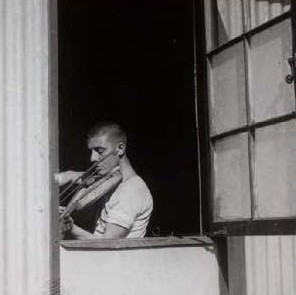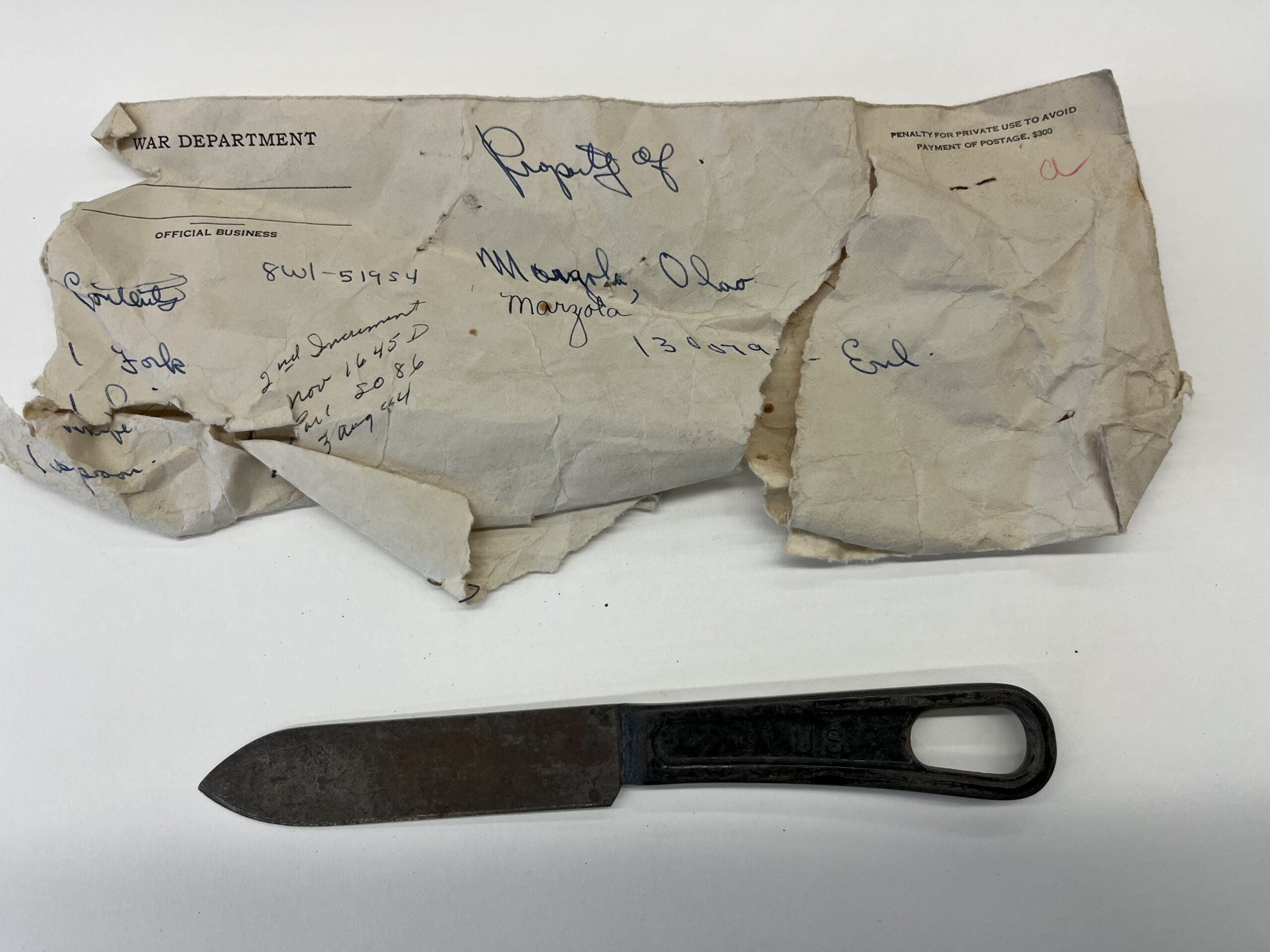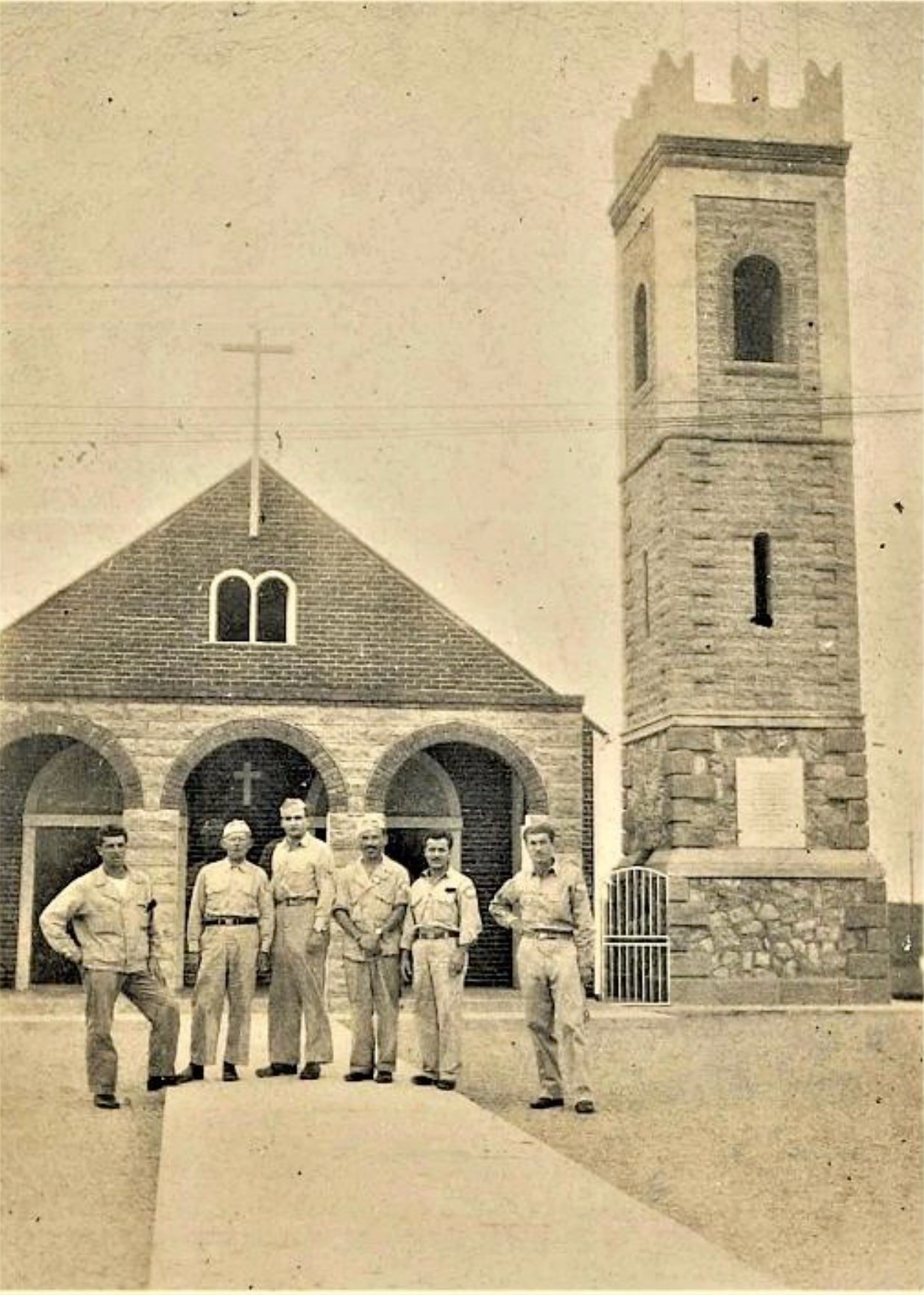
Elena Bellina, New York University
Most Italian POWs imprisoned by Western Allies were captured in Africa during the early stages of World War II and transferred to transit and permanent prison camps across the continent between 1940 and 1947. A significant number of them spent more than six years there before being repatriated to Italy. This presentation analyzes the diverse forms of intellectual and material artistic production developed by Italian POWs detained in different African regions, with particular emphasis on memories and memorabilia they brought home. It investigates the formative role that creativity played during their years of captivity and the enduring influence such creativity and contact with African landscapes and peoples had on their postwar lives, given that many of these men became prominent figures in postwar Italy and elsewhere.
In conjunction with the exhibition Creativity and World War II Italian POWs in the United States.

 Laura E. Ruberto, Berkeley City College
Laura E. Ruberto, Berkeley City College
This talk considers the material legacies of surveillance, restrictions, and imprisonment of different groups of people on US soil in the years leading up to and during World War II: Italian resident “enemy aliens,” Italian non-resident “enemy aliens,” and Italian POWs. The differing ways Italians and Italian Americans were treated were influenced not only by political concerns but also by practices of xenophobia and racism, a point made especially clear in comparison to the experiences of Japanese Americans. Considering artifacts and sites from across the country as well as cultural representations and oral histories, this talk reflects on how political pressure, cultural visibility, and an emerging position of whiteness helped build public acceptance of Italian Americans while shaping a contemporary position of victimhood.
Light refreshments will be served.
In conjunction with the exhibition Creativity and World War II Italian POWs in the United States.

Fedeltà: Soldati. Prigionieri. chronicles the experiences of Italian prisoners of war (POWs), mostly captured in North Africa and Sicily, who are sent to Letterkenny Army Depot outside Chambersburg, Pennsylvania, during World War II. The film documents the POWs’ journey from war to peace and shows how their impact is still felt today. Shot in both the United States and Italy, the documentary includes interviews with family members of the prisoners and utilizes original archival documents and footage from the families and the US Army as well as other sources associated with the Italian Service Units, those Italian soldiers who renounced Fascism and agreed to collaborate with the United States after Italy’s surrender in 1943.
In conjunction with the Calandra Institute’s exhibit about World War II Italian POW artistry in the United States.
Post-screening discussion led by Joseph Sciorra, John D. Calandra Italian American Institute.



 Laura E. Ruberto, Berkeley City College
Laura E. Ruberto, Berkeley City College